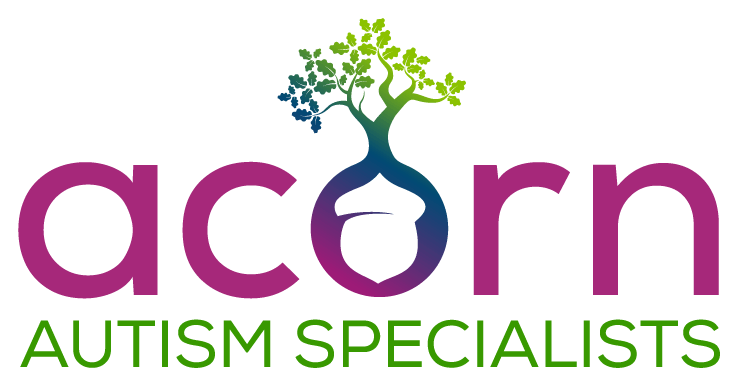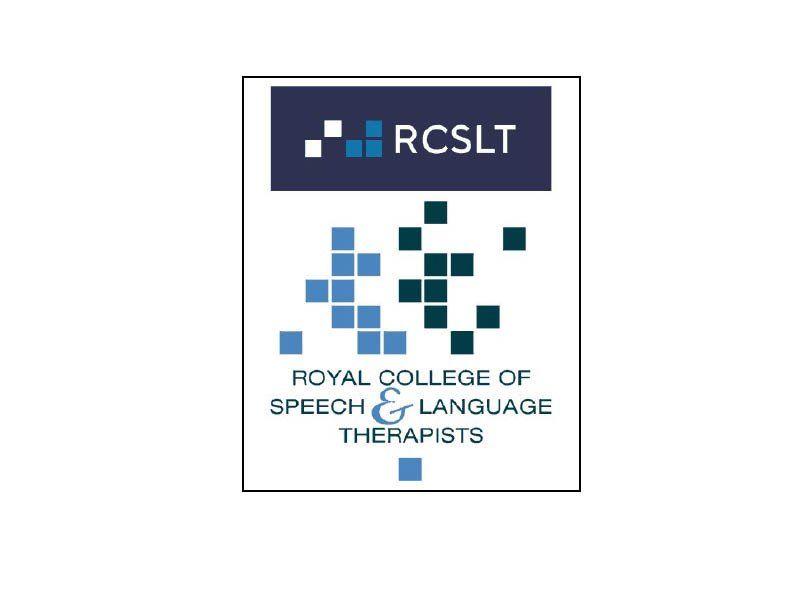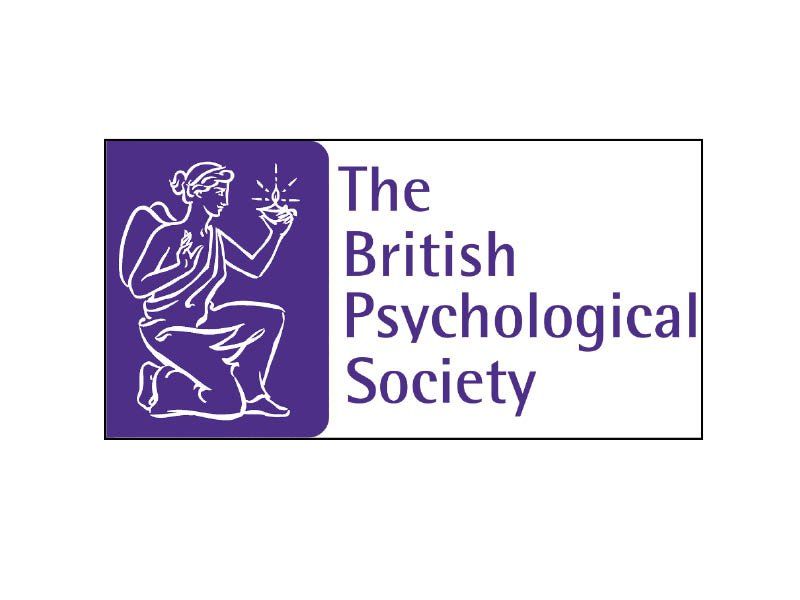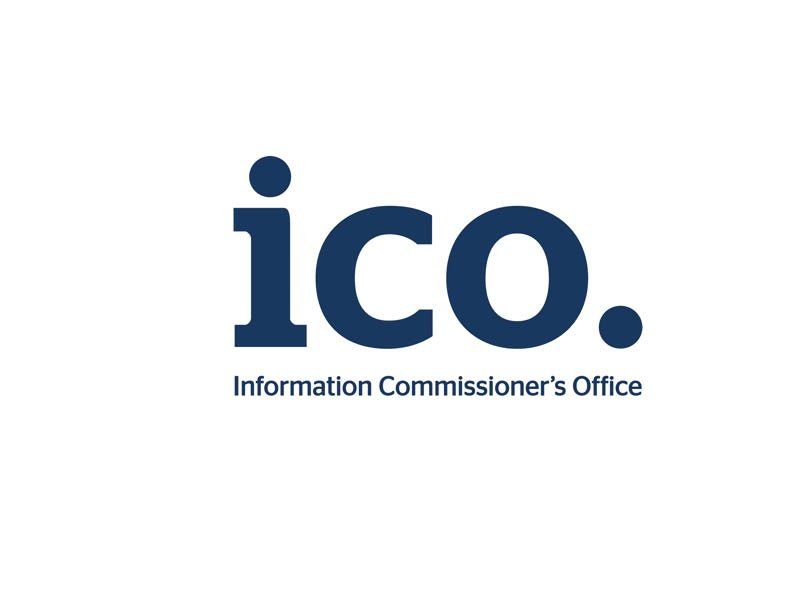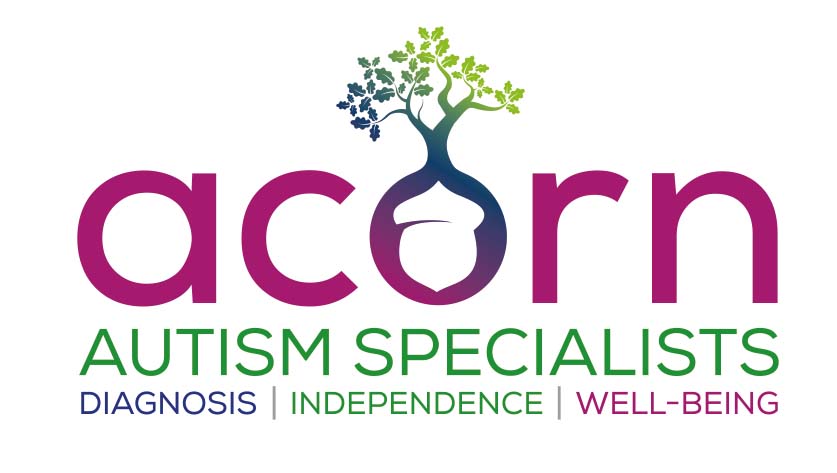About Autism
DIAGNOSIS | INDEPENDENCE | WELL-BEING
“Autism . . . offers a chance for us to glimpse an awe-filled vision of the world that might otherwise pass us by.”
Dr Colin Zimbleman
Ph.D.D
Acorn Autism Specialists
Understanding Autism Spectrum Disorder (ASD)
In clinical terms, Autism Spectrum Disorder is a lifelong neurodevelopmental condition that impacts upon how a person communicates with and relates to other people. It also affects how they make sense of the world around them, as people with autism commonly report sensory differences. ASD is a developmental condition, meaning that characteristics will be present from early childhood, but may not be problematic until social demands exceed capacity causing difficulties in everyday functioning. Such difficulties may then lead to anxiety and low mood for some individuals. It is important to note, however, that ASD is not a mental health problem or learning disability, although there is often comorbidity. Autism is dynamic, meaning that the autistic person's capacity and functioning fluctuate and the level of support needed may change from day to day and moment by moment.
Some of the more commonly known characteristics associated with ASD are differences in:
- Eye contact varying from avoidance to intense eye contact
- Nonverbal communication, such as facial expression and body language
- Initiating and maintaining relationships
- Understanding their own emotions and those of others
- Speech development, such as delayed speech during childhood or advanced speech
- Reliance on rules and routines with difficulties coping with change
- Stereotyped or repetitive use of speech, behaviour and/or movement
- Attention to detail
- Focussing on a narrow range of interests, activities or objects (often called obsessions)
- Reactions to sounds, tastes, sights, touch, smells, balance and body awareness
Despite some autistic people sharing certain characteristics, every autistic person is different and individual in their needs and preferences. This is why it takes a team of skilled clinicians to assess and diagnose ASD. Everyone we see is an individual, with some learning to mask or camouflage their differences, whilst others may present as autistic but with a different underlying cause. As such, Acorn Autism Specialists specialise in differential diagnosis and comorbid diagnosis. Our premium, "gold standard" assessment will gain an understanding of the individual’s strengths and difficulties across contexts, irrespective of outcome.
At Acorn Autism Specialists, we use the DSM-5 criteria for diagnosis in ASD, as this is the most up to date diagnostic manual. However, once published in January 2022, we will be using the ICD-11, as this is the most commonly used diagnostic manual in the United Kingdom. It is believed that the ICD-11 will align itself with the DSM-5, with the removal of the term “Asperger’s syndrome” and instead using Autism Spectrum Disorder and specifying the level of support required.
For more information, or frequently asked questions, please click here.
